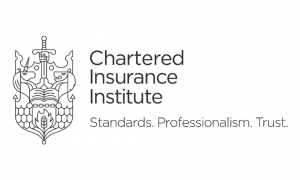Overview
Available as a one-year master's, as a master's with professional practice (two years), by distance learning or with a fast track option.
All decision-making entails uncertainties and the challenges posed by risk have never been more apparent. Adaption to this “new normal” is essential.
Consider:
Seismic ripples from health pandemics will reverberate throughout the foundations of society for years to come
Increasingly volatile climate-related events are unravelling organisational plans in the short and long term
Geopolitical tensions, populist forces, terrorism and escalating trade wars distort the once-calm waters of multinationals
Corporate reputations are precarious and a minor error on social media can induce crisis.
The path to risk resilience is as exciting as it is complex and requires a new generation of skilled risk managers to lead the way.
Join a leading UK provider with over 30 years’ Risk Management teaching experience and benefit from our longstanding links and excellent reputation with industry bodies and professionals while developing the advanced skillset employers need today and in the future.
This course provides you with contemporary knowledge of risk practices. This includes: crisis management, cyber risk, insurance and risk transfer, business continuity management and managing risk in a global context. You will explore state-of-the-art risk management processes enabling you to identify emerging organisational risks, analyse and model their effects and design effective response strategies.
Study Risk Management at GCU and turn risk into your opportunity.
Graduate opportunities
Having a recognised degree-level risk management qualification will give you access to a career in any industry sector.
GCU’s Risk Management graduates have gone on to work with PwC, Marsh & McLennan, GSK, Morgan Stanley, ScottishPower, Aviva, Lloyds of London, Transport for London (TfL), Balfour Beatty, Camelot, Network Rail, Tesco Financial Services, Local authorities and government organisations, Aon and the NHS.
What you
will study


